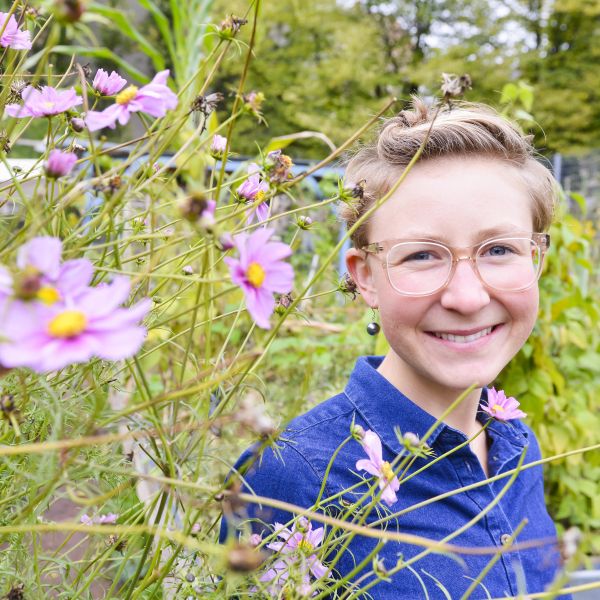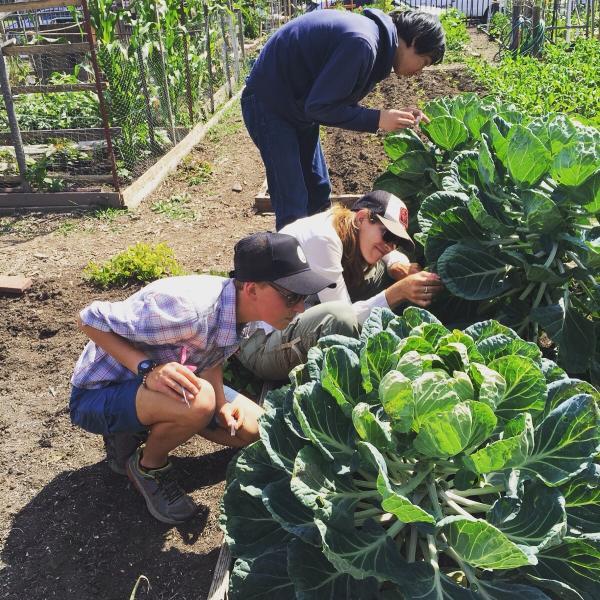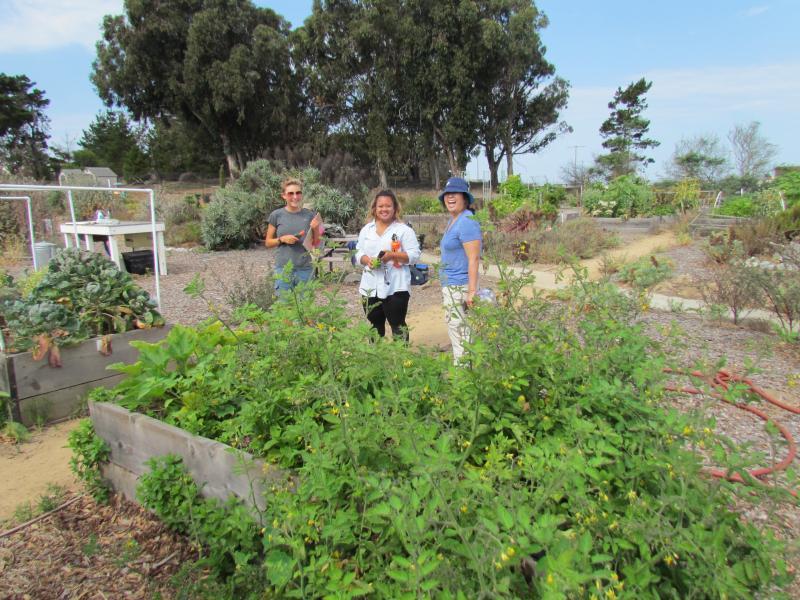Image

Berlin, Germany, United States
Age: 30
Monika integrates environmental education with research and community outreach to promote urban ecosystem management for biodiversity conservation, food production, climate adaptation, and healthy human-nature relationships.
How are you using education to build more sustainable and equitable communities?
My work in cities across the world integrates environmental education with research and community outreach for a more sustainable, equitable urban future. I believe that through environmental education urban residents and researchers can co-create knowledge to promote green space management for biodiversity conservation, climate change adaptation, and healthy human-nature relationships across generations. For example, I use citizen science and civic ecology to work towards building a more sustainable and equitable urban food system. In California, I developed a citizen science water use monitoring program to collectively learn with urban gardeners about how they can manage water under drought conditions. In Berlin, Germany, I use citizen science to engage residents with urban pollinator protection. Gardeners monitor pollination on their plants while researchers document bee diversity. We are also using free online workshops and tutorials to promote understanding of pollinator conservation across different levels of access. In sum, I aim to teach, collaborate, and do impactful work across academic disciplines and society.

Throughout my life, I have been fascinated by the natural world and motivated to tackle environmental problems. These interests and passions took me to the grasslands of Michigan chasing butterflies, upland rice farms in Thailand, the bird-less island of Guam, and biodiverse urban gardens in California and Berlin. These adventures were inspired and supported by significant women role models (professors, research scientists, colleagues) in my early career – all of whom gave me the confidence, competence, and capacity to do meaningful work in ecology, conservation, and social justice. I am incredibly grateful to the people who have opened their doors, hearts, and gardens to me; these rich experiences have shaped my outlook on the world and motivation to work towards a sustainable, equitable future for all.
What advice would you give to the next generation of leaders?
Be inquisitive, open to new ideas, and resilient to those who tell you that your aspirations are impossible. When and wherever possible, work with your neighbors, friends, and even your foes to try to improve the environment and society, especially the lives of those less fortunate.
What are you happiest doing?
Riding my bike.
If you could have one superpower, what would it be?
Speak all the languages in the world.
